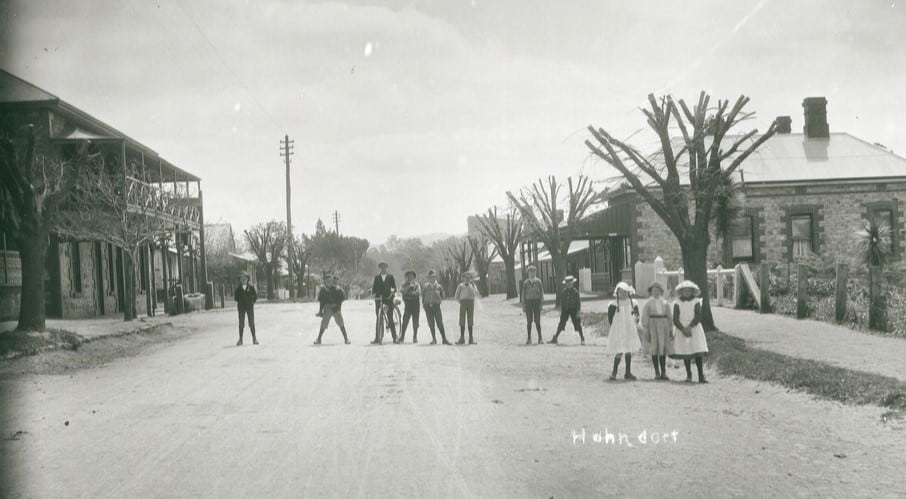SA towns that changed their names

In 1916, during the height of World War I, the State Government attempted to erase aspects of South Australia’s German heritage.
Near the top of the hit list were local place names.
New arrivals
Germans were among the early European settlers to reach South Australia, arriving from 1838 onwards to escape religious persecution at home, in what was then Prussia.
Many of them settled in an area they called Klemzig – yes, that Klemzig – in memory of the Prussian town they’d left.
A year later, Danish Captain Dirk Hahn arrived in SA with another ship full of religious refugees and organised a parcel of land for them in the Adelaide Hills. The grateful immigrants named the new settlement Hahndorf in the captain’s honour.
By the 1840s, arrivals from Prussia had moved into a Hills region they named Lobethal, meaning ‘valley of praise’, and another area they called Blumberg after a location back home.
Thankfully, they also ventured into the Barossa Valley and now we have delicious wine.

A sign of the times
Fast forward to 1914, and Germany and its allies were at war with the rest of continental Europe and Britain. As a staunch British ally, Australia sent troops overseas to fight.
The Federal Government introduced the War Precautions Act, meaning anyone of ‘enemy origin’ could be moved to internment camps. About 400 South Australian German males, plus a few Austrians and Turks, were interned on Torrens Island.
In 1916 the State Government legislated to substitute place names of ‘enemy origin’ with British or Aboriginal names.
So, by 1917, Lobethal locals were suddenly waking up in Tweedvale, because the local woollen mill made tweed. Klemzig became Gaza, after the First World War’s Third Battle of Gaza, which was under Turkish/Ottoman rule at the time. Hahndorf residents found themselves living in Ambleside, which was the name of a nearby railway station.

Grunthal (green valley in German) was changed to Verdun, after a brutal World War I battle, while Bethanien in the Barossa Valley became Bethany. Blumberg was renamed Birdwood, Rhine Villa became Cambrai, in honour of a World War I battle in France, and Petersburg was dubbed Peterborough.
Even the outback was affected. Hergott Springs – named after German botanist Joseph Hergott, who accompanied explorer John McDouall Stuart on his 1859 expedition – was changed to Marree.
There were a lot more name changes, mainly associated with geographical features and tiny localities, many of which have disappeared from modern maps.
Years later, the 1935 Nomenclature Act deemed that a few places should have their original German names reinstated. Gaza was returned to its pre-war name Klemzig, and Ambleside and Tweedvale were once again Hahndorf and Lobethal respectively.

